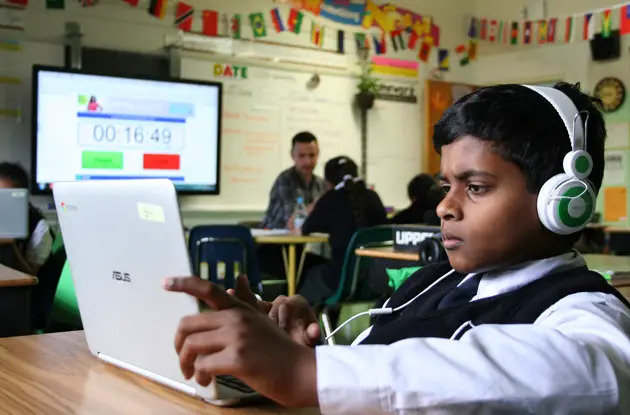Summer is upon us and the kids are home. It’s a time when school’s out and children are ready and set for fun. However, with that fun there is also a wealth of opportunity for learning outside the classroom.
The opportunities for fun summer learning are endless, from day camps that offer specific programs to plain creative ways that parents can use to promote things educational.
Camp experts weigh in on the benefits of programs they offer that are geared towards learning. “Camp is an extension of school in that it can provide an educational, yet fun and hands-on atmosphere for kids,” says Barbara Schainman, co-director of Camp Mohawk in White Plains, New York. “For example, our camp has different programs where, through specific activities such as our nature studies, children can learn things that are scientifically and environmentally oriented.” Other camp directors agree with Schainman’s view. “The camp environment can allow kids to learn, but with no pressure so it helps foster extra motivation,” says Doug Volan, owner/director of Mt. Tom Day Camp in New Rochelle, New York. The camp’s programs, among others, include classes in sign language. Jeff Ackerman, PhD, director of Elmwood Day Camp in White Plains, New York, says, “I am a strong believer in experiential learning, which camp can certainly offer.” One of the programs Elmwood offers is a cooking course. This is helpful in getting kids to learn everything from math concepts, such as measuring the baking ingredients, to the actual process of baking and the satisfaction of seeing the delicious result.
Parents can also steer their kids towards fun summer learning. Why not start with that timeless summer activity, swimming? Swim lessons are an enjoyable way for children to get introduced to the water. They can enjoy interacting with other kids and, most important, learn the basics of water safety. Parents can check their local town pools for lesson schedules. The world outdoors also offers a wealth of opportunities for kids to gain an appreciation for nature. Why not take a stroll with your child in a local park or through the neighborhood and help to point out everything from plants, trees to animals. Also, to this end, local zoos and nature centers have programs that foster learning about the natural environment.
Doris Keeler, an eighth grade language arts teacher, stresses volunteering as an important summer learning tool. She emphasizes in her article on summer activities for kids (“Keeping Kids Busy During the Summer: Easy and Cheap Ways to Cure Summer Boredom,” Suite 101) that teaching children the importance of giving back is a key building block in helping them learn the importance of service. “This could be as simple as walking a neighbor’s dog, baking cookies for residents of a retirement home, or making thank you cards for a fire department.” She adds, “More structured opportunities are also available. Some are long-term activities while others are one-day events.”
The local public library can offer a multitude of programs geared to kids. Children can discover the wonder of reading via book fairs or story hours. Museums are also a valuable resource for everything from art history to crafts programs.
All of these activities need not break the bank. They are experiences that will most likely have a positive impact on children and stay with them for years to come. Summer can indeed be fun and educational.





















